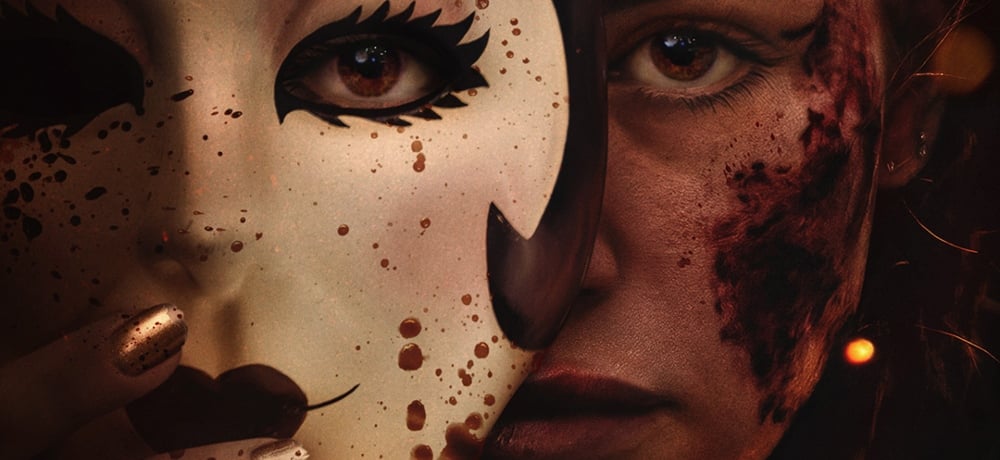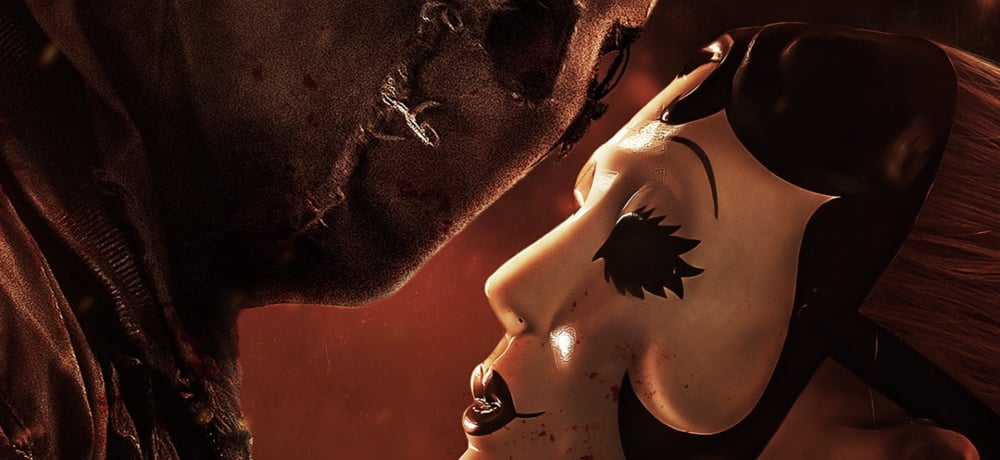





When it comes to genre-related, female-centric coming-of-age stories, there are always certain movies that will undoubtedly be brought up in the conversation: Carrie, Ginger Snaps, The Company of Wolves, and The Craft being older examples, and more recent offerings like Jennifer’s Body, It Follows, and Raw have also brought new perspectives into the fold as well. And with so many thought-provoking takes on this well-worn cinematic trope already in existence, it may seem like there’s no real new territory to traverse here.
But then along comes Joachim Trier’s Thelma, which recently premiered at TIFF and is currently screening as part of the 2017 Fantastic Fest, to show us that this well-worn terrain is still fertile enough to cull for some new ideas. Anchored by a beautifully nuanced performance from Eili Harboe, Thelma is a masterful exploration of religious suppression and sexual awakening, melding together into a superhero origin story of sorts that feels right at home with films of the same ilk, and yet, so different all the same.
In Thelma, the titular character leaves her home for the first time to attend school in Oslo, Norway, and as she feels unable to connect with her fellow students, Thelma struggles to enjoy her newfound freedom. One day, she meets Anja (Kaya Wilkins), and Thelma’s immediate intense feelings towards her new friend begin to manifest themselves in some strange ways: birds act weirdly by slamming themselves into windows and poor Thelma is struck down by a violent seizure. At first, Thelma is unaware that these two things are related, but as certain truths about her childhood are revealed by her parents (Henrik Rafaelsen, Ellen Dorrit Petersen), the young woman begins to realize that there’s something powerful lurking inside of her, and she must find a way to control it before it’s too late for everyone that she cares about.
Thelma isn’t going to be a film for everyone, and that’s okay. But as someone who had to deal with a lot of religious nonsense growing up, there’s a lot to Trier’s latest effort that resonated with me deeply. What’s interesting about Thelma, though, is that if you’re expecting a straight-up takedown of religion, think again—Trier delicately walks a fine line where it’s easy to sympathize with characters on both ends of this particular spectrum, and his use of divine iconography and several fever dream sequences makes for a particularly haunting experience.
Trier admirably mixes up a number of horror and science fiction tropes in Thelma, effectively creating a story that consistently defied expectations for me at every turn. Harboe perfectly embodies Thelma's growing confusion (and eventually, confidence), making her character feel both relatable and truly terrifying all at once. Thelma also features one of the most subtly horrific shots I’ve seen in a genre film in some time, and I’ve yet to get that startling image out of my head over the last few weeks.
Movie Score: 4/5